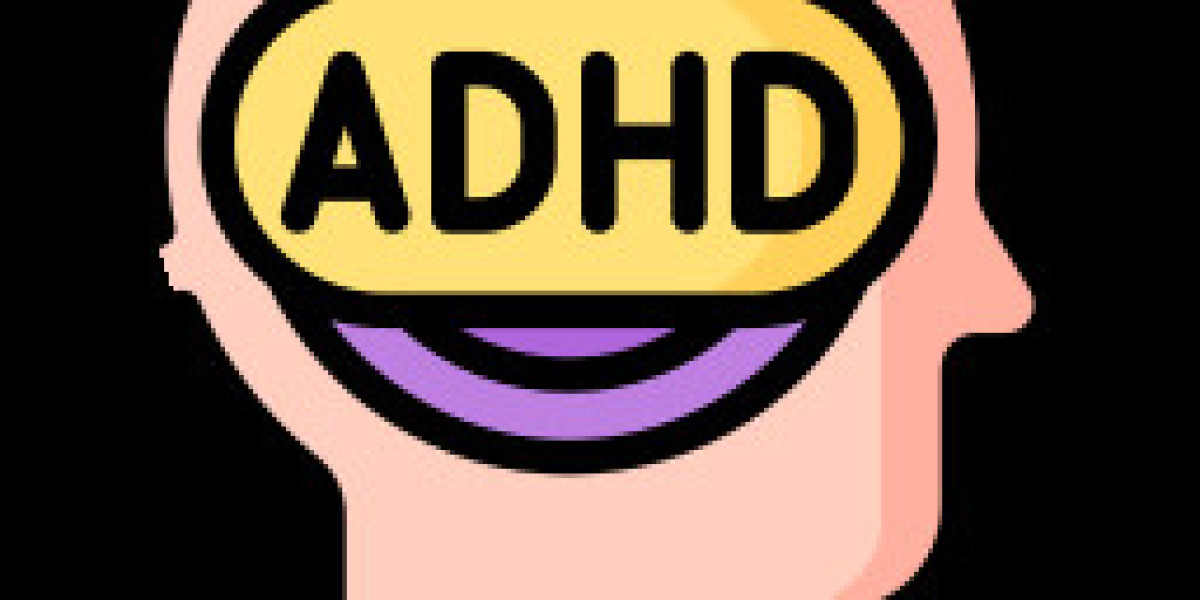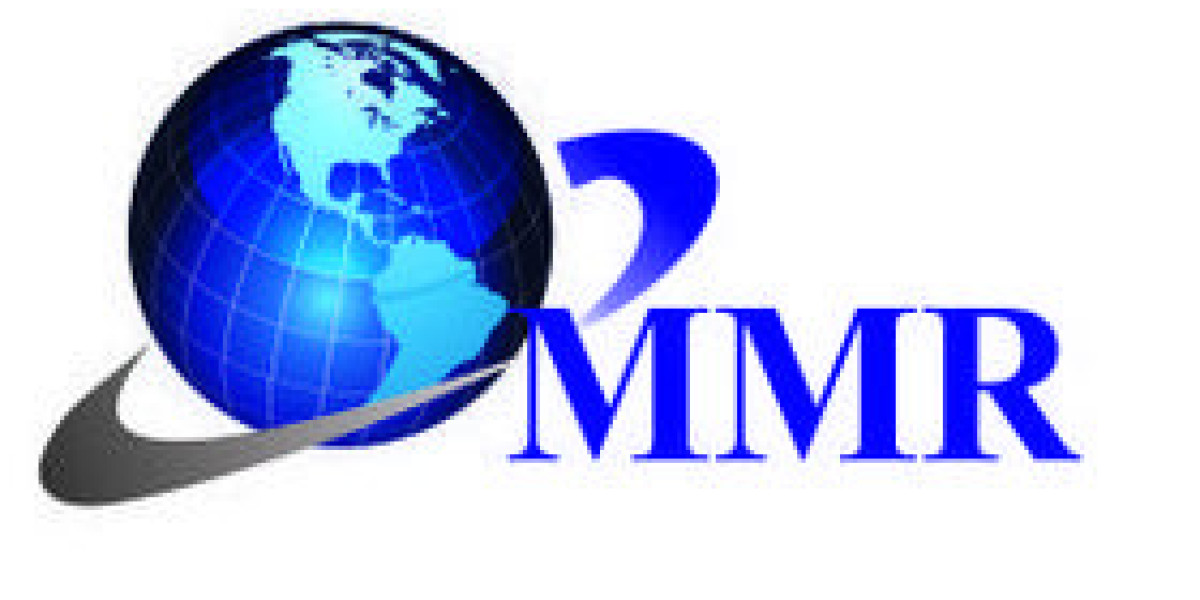Attention Deficit Hyperactivity Disorder (ADHD) is often perceived as a condition affecting children, but its impact can extend well into adulthood. Many adults with ADHD remain undiagnosed, which can lead to difficulties in managing daily life, work, and relationships. Understanding the symptoms of ADHD in adults and knowing where to seek support are crucial steps toward managing the condition effectively. This article will explore the symptoms of ADHD in adults and provide guidance on seeking appropriate support.
Understanding ADHD in Adults
ADHD is a neurodevelopmental disorder characterized by persistent patterns of inattention, hyperactivity, and impulsivity. While these symptoms are well-documented in children, the presentation of ADHD can change as individuals mature. For adults, ADHD symptoms may manifest differently, often leading to confusion and misdiagnosis.
Symptoms of ADHD in Adults
- Inattention
Adults with ADHD may struggle to stay focused on tasks or conversations. This difficulty can affect their performance at work and their ability to manage personal responsibilities.
Chronic disorganization is a common symptom. Adults with ADHD may have trouble keeping track of their belongings, managing time, and meeting deadlines.
Frequent forgetfulness, such as forgetting appointments or deadlines, is another indicator. This symptom can interfere with both professional and personal aspects of life.
- Hyperactivity
Unlike children, adults with ADHD symptoms may not exhibit overt hyperactivity but often experience an inner sense of restlessness. This can manifest as an inability to relax or sit still, even in calm settings.
Adults may find it challenging to unwind or engage in leisure activities due to a constant feeling of needing to be active or productive.
- Impulsivity
Adults with ADHD may make hasty decisions without fully considering the consequences. This impulsiveness can impact financial stability, relationships, and overall life satisfaction.
Impulsive behavior can also manifest as interrupting conversations or speaking out of turn, which can strain personal and professional relationships.
- Emotional Dysregulation
Emotional instability is another aspect of adult ADHD. Individuals may experience rapid and intense mood swings, which can affect their interactions and stress levels.
Low frustration tolerance is common, leading to frequent feelings of irritability or being overwhelmed by minor setbacks.
Impact of ADHD on Daily Life
The symptoms of ADHD can significantly impact various aspects of an adult’s life:
Professional Life
Difficulty with concentration, organization, and time management can result in challenges with job performance. Adults with ADHD may struggle with completing tasks, meeting deadlines, or maintaining productivity.
Impulsivity and disorganization can hinder career advancement, leading to missed opportunities and difficulties in maintaining stable employment.
Personal Relationships
Impulsivity and inattention can affect communication, leading to misunderstandings and conflicts in relationships.
Relationship dynamics may be strained due to a partner’s difficulty in managing responsibilities and emotions. This can result in recurring arguments and dissatisfaction.
Self-Esteem and Mental Health
Persistent difficulties and failures can lead to a negative self-image and low self-esteem. Individuals may internalize these challenges, believing they are inadequate or incapable.
Adults with ADHD are at higher risk for developing other mental health conditions such as anxiety and depression, further complicating their overall well-being.
Seeking Support and Treatment
Recognizing the symptoms of ADHD in adults is the first step toward seeking effective support and treatment. Here’s how to approach it:
Diagnosis
If you suspect you have ADHD, seeking a diagnosis from a qualified mental health professional is essential. Psychiatrists, psychologists, and clinical social workers can provide a comprehensive assessment, including interviews, questionnaires, and possibly neuropsychological testing.
It’s important to rule out other conditions that may mimic ADHD symptoms, such as mood disorders or anxiety. A thorough evaluation helps ensure an accurate diagnosis.
Treatment Options
Stimulant medications like methylphenidate and amphetamines are commonly prescribed to manage ADHD symptoms. Non-stimulant options, such as atomoxetine, are also available. Medication can help improve focus, impulse control, and overall functioning.
Cognitive-behavioral therapy (CBT) is particularly effective for adults with ADHD. CBT can help individuals develop organizational skills, manage stress, and address negative thinking patterns.
ADHD coaching can assist individuals in setting goals, improving time management, and enhancing productivity. Coaches work with clients to create personalized strategies and support their progress.
Incorporating healthy lifestyle habits can complement treatment. Regular exercise, a balanced diet, adequate sleep, and mindfulness practices can help manage symptoms and improve overall well-being.
Support Networks
Joining a support group for adults with ADHD can provide valuable peer support and shared experiences. These groups offer a sense of community and practical advice for managing daily challenges.
Various online resources, including forums and educational websites, offer information and support for adults with ADHD. These can be valuable tools for learning and connecting with others facing similar challenges.
Engaging with professionals who specialize in ADHD can provide ongoing support and guidance. This includes regular check-ins with therapists, coaches, or medical professionals to track progress and adjust treatment plans as needed.
Conclusion
ADHD in adults is a complex condition that affects many aspects of life. Recognizing the symptoms and seeking appropriate support are vital steps in managing the disorder effectively. By understanding the unique presentation of ADHD in adults and exploring various treatment and support options, individuals can work toward improving their quality of life and achieving their personal and professional goals. If you or someone you know may be struggling with ADHD, reaching out for a professional evaluation is the first step toward a more manageable and fulfilling life.



